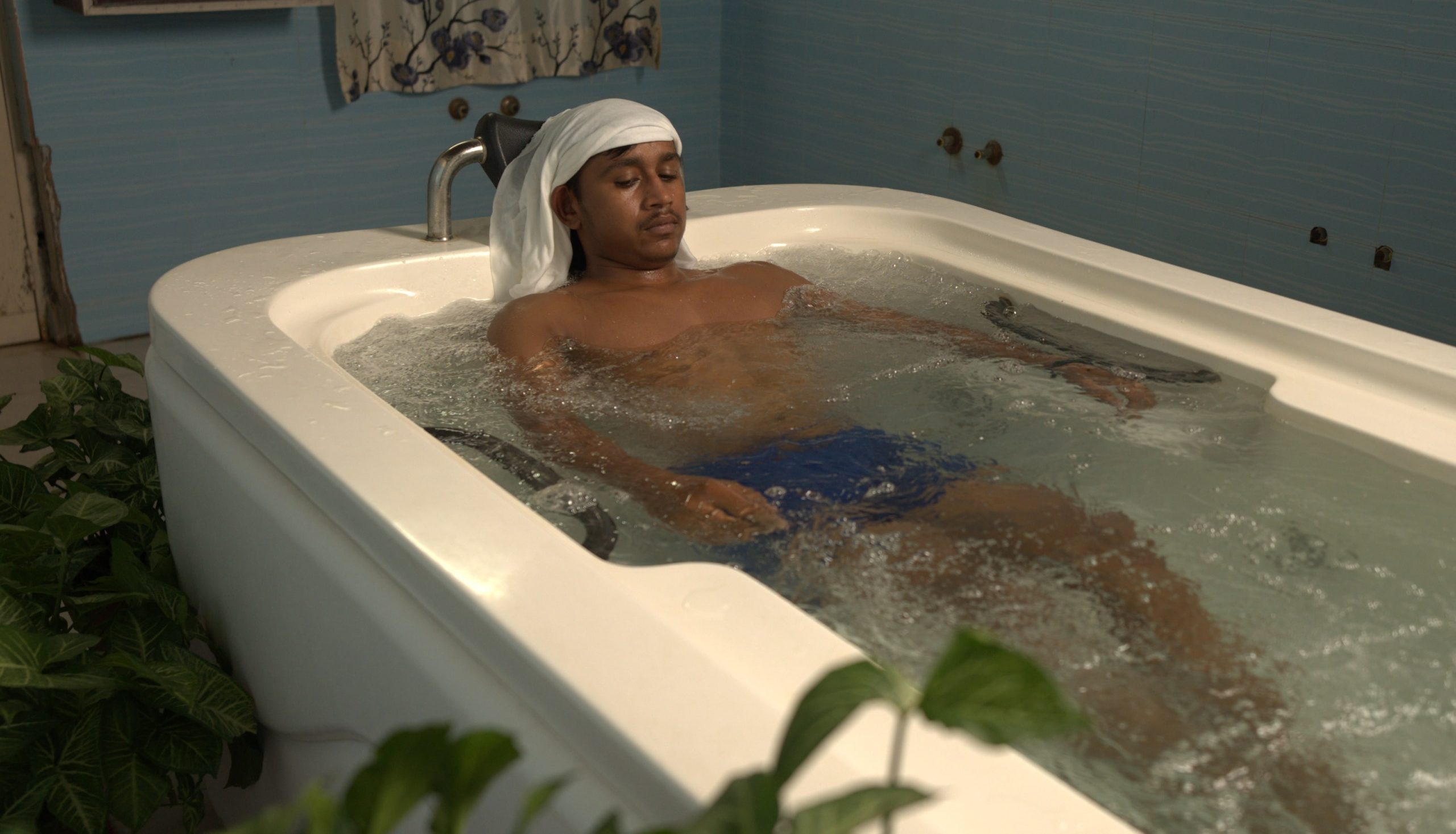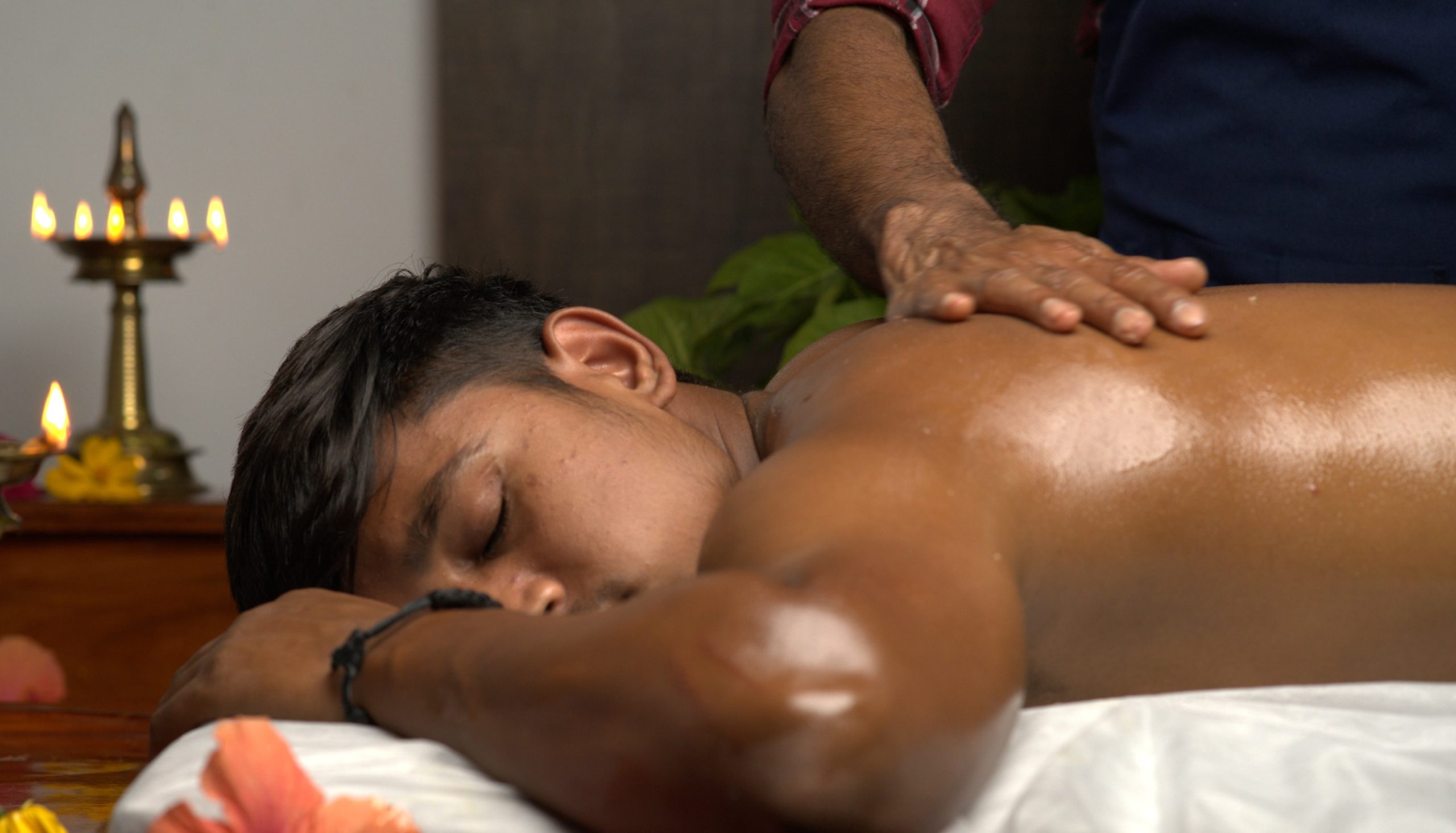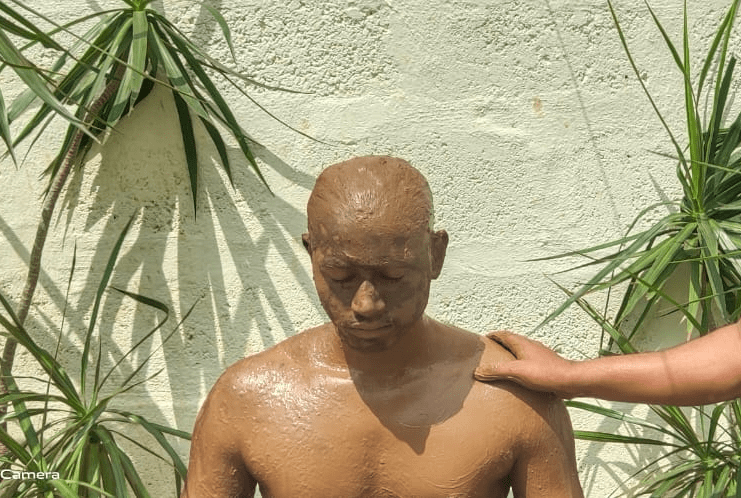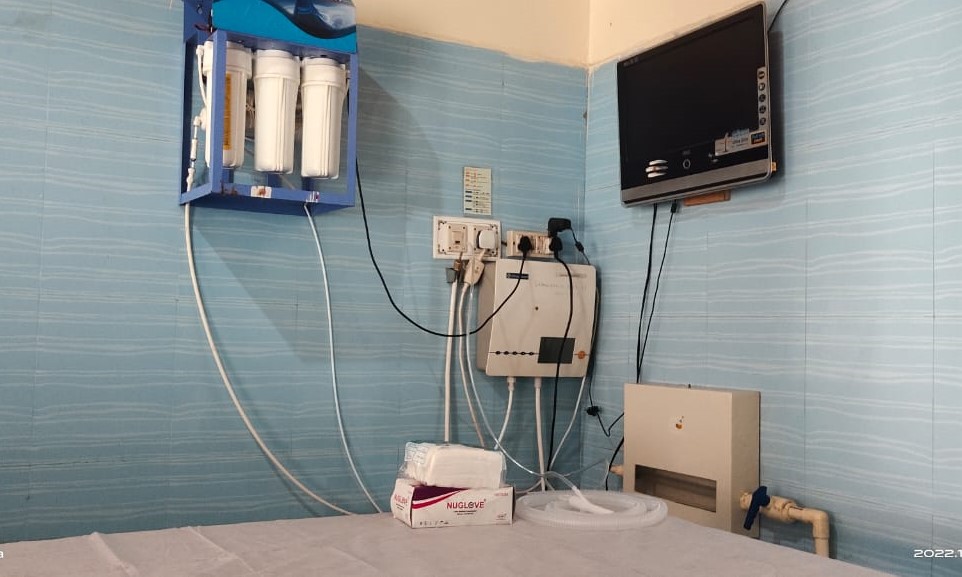Recreational therapy
Recreational therapy plays a significant role in healing by addressing the physical, emotional, and social aspects of well-being. Physically, recreational therapy can aid in rehabilitation by targeting specific motor skills, coordination, and mobility. It also fosters social interaction, which is crucial for emotional healing and building a support network. Some common and productive therapies are:





